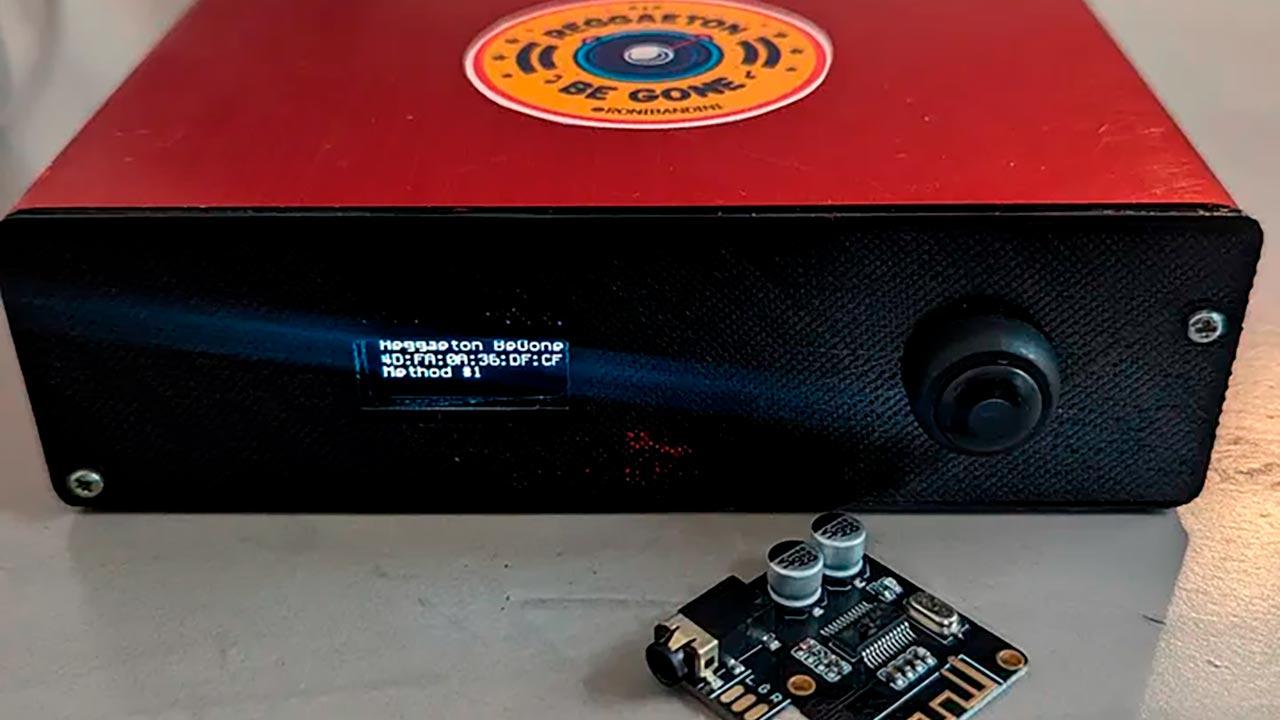Unless we live in a single-family home with no neighbors, the options of being able to enjoy a quiet neighborhood, without neighbors who want to share their musical tastes or who spend most of the day moving furniture or walking around in heels , are very limited. . Fortunately, some of the most common coexistence problems, like music tastes, have a very simple solution.
Without judging that certain musical genres should never have existed, especially the most listened to today, if we do not want to continue to suffer from the musical tastes of our neighbors, we will only need a Raspberry Pi, being a example of more than the The limit on this type of device is in the imagination of the users.
A Raspberry Pi to combat other people’s musical tastes
The latest example that the functionality of a Raspberry Pi is in users’ imagination can be found in a new project created by Argentinian Roni Bandini. Roni Bandini was tired of listening to reggaeton every day at 9 a.m. and instead of having a hard time and politely asking his neighbors to turn down the volume, he decided to take the more complicated route and get to work creating a device that will interfere with the neighbor’s Bluetooth speakers.
Bandini programmed the device using artificial intelligence to only activate when the Raspberry Pi detected that the music playing was reggaeton, something quite easy to identify using a syncopated rhythm pattern , therefore, despite being forced to train, the AI did not suffer from this musical genre during their training when using audio samples for processing.
The platform used to create the language model capable of detecting reggaeton music is Edge pulsea platform that allows developers to create a free account for their projects.
This user used a Raspberry Pi 3B+ connected to a DFRobot OLED panel, a USB microphone to detect sound and a button that would operate the device and check if the musical genre heard was reggaeton. To extend Bluetooth coverage and be able to reach the speakers emitting music, it is recommended to use a Bluetooth card with an external antenna.
Roni managed to interfere with the signal of the speaker that played reggaeton every day at 9 a.m., but it was not a complete success, since the owner changed the location, so it was half a -victory. It is therefore recommended to use a Bluetooth card with an antenna equipped with a wider reach and thus be able to have larger rooms.
This hobbyist does not plan to make this model of Bluetooth speakers interfering with reggaeton music, or any other type, on the market, however, the code used is available on GitHub so users can create it also by following the instructions . instructions available on Hackester, from here with a link to all the components he used in the build.










